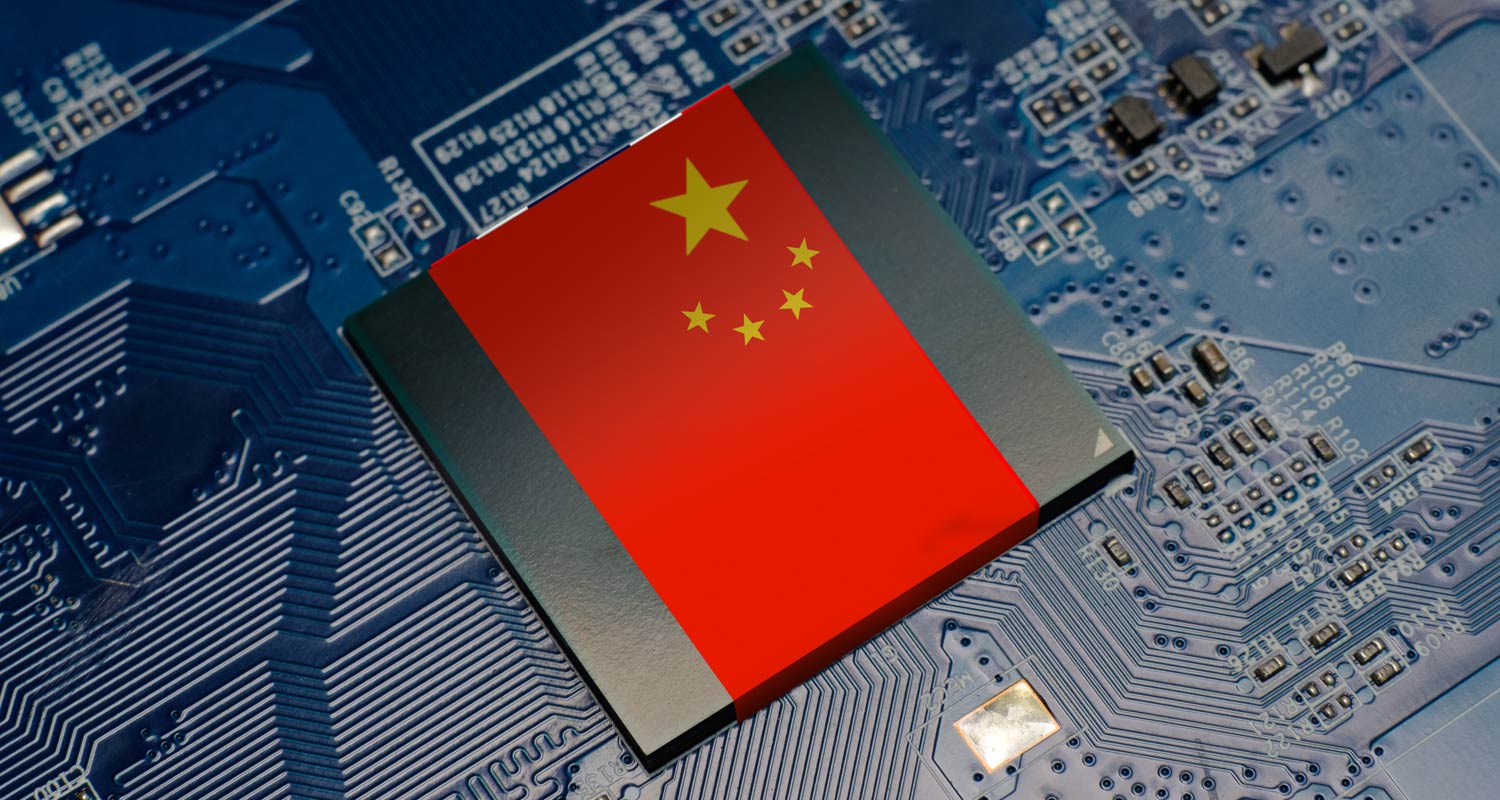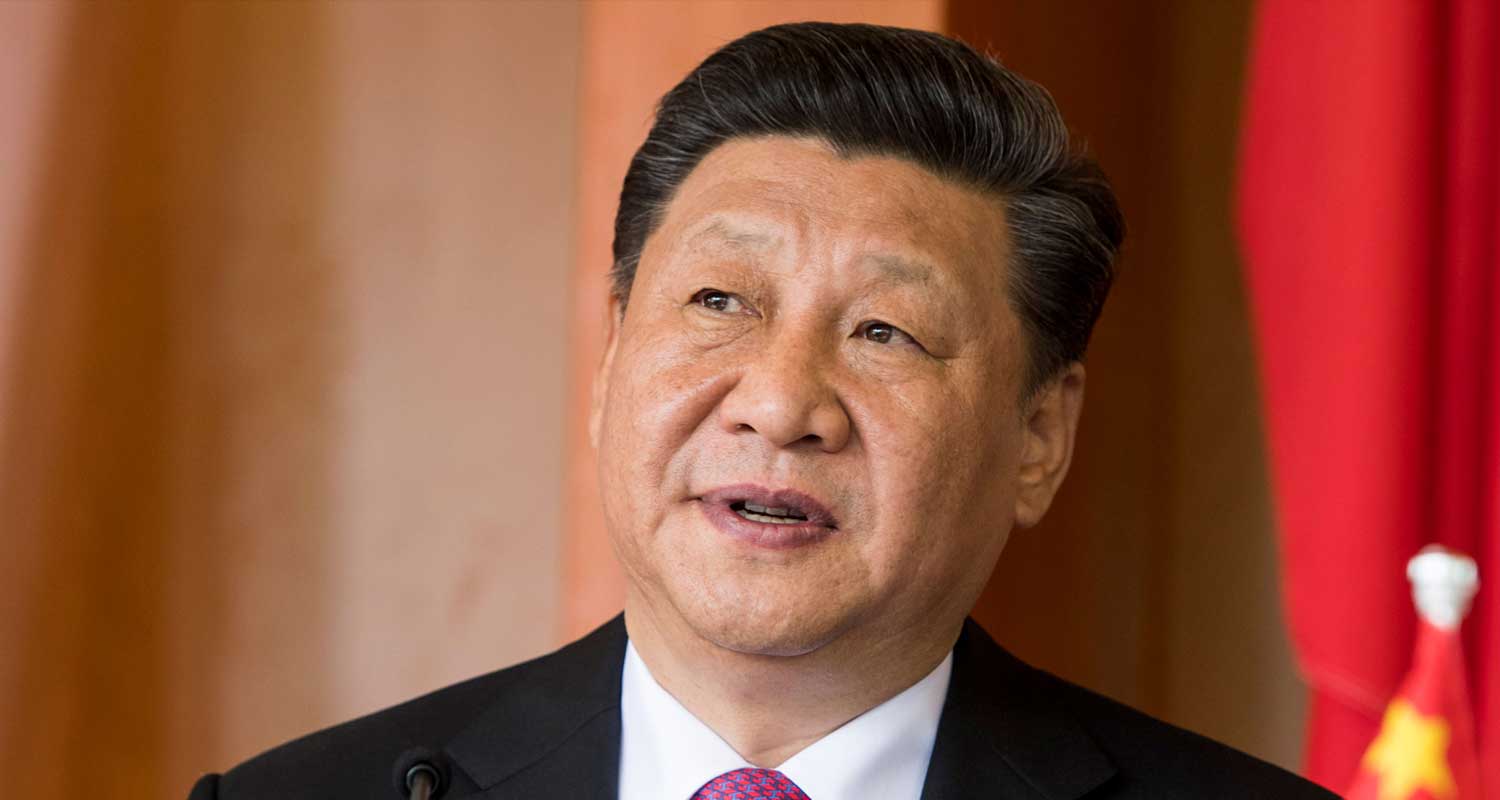 China pledged to harness the entire nation’s resources to speed homegrown scientific breakthroughs, reaffirming a central priority to become self-reliant in spheres from AI to chip-making to wrest technological supremacy from the US.
China pledged to harness the entire nation’s resources to speed homegrown scientific breakthroughs, reaffirming a central priority to become self-reliant in spheres from AI to chip-making to wrest technological supremacy from the US.
Beijing hammered home a longstanding goal to break an American stranglehold on key spheres, according to government work reports submitted to the nation’s legislature on Tuesday.
The central government will increase spending on scientific and technology research by 10% to C¥370.8-billion in 2024, promote national champions and grant enterprises a central role in spearheading advances, according to the documents, which are closely scrutinised for clues to President Xi Jinping’s thinking.
“We will fully leverage the strengths of the new system for mobilising resources nationwide to raise China’s capacity for innovation across the board,” according to the report, delivered by Premier Li Qiang to lawmakers Tuesday in Beijing.
“We will pool our country’s strategic scientific and technological strength and non-governmental innovation resources to make breakthroughs in core technologies in key fields and step up research on disruptive and frontier technologies.”
China will need to confront a plethora of challenges this year, including how to counter a US campaign to freeze its progress in tech such as chips and AI considered crucial to the country’s future. Its semiconductor industry faces increasing headwinds as local chip makers struggle to get the equipment they need to climb the technology ladder, while developers are cut off from the advanced Nvidia chips that’ve become the standard for training and hosting ChatGPT-like generative AI platforms.
‘Whole nation’ approach
Under Xi’s watch, China has expanded state control of strategically critical areas from semiconductor manufacturing to quantum computing. His deputies have initiated a so-called “whole nation” approach to driving tech advances, essentially coordinating a nationwide effort to funnel resources into breaking US strangleholds in key technology. The country as a whole spent C¥3.3-trillion on basic research last year — about 2.6% of GDP, according to the report.
Against that backdrop, Beijing has endorsed the efforts of local champions such as Huawei Technologies, which stunned the US last year by designing and making a chip more advanced than Washington had thought possible. The government continues to support the emergence of homegrown tech leaders such as Semiconductor Manufacturing International Corp through subsidies and policy.
Read: Africa needs China for its digital development – but at what price?
Beijing also has to contend with a steadily accelerating outflow of manufacturing as Apple and other American brands begin to position new capacity in countries from India to Southeast Asia to mitigate risks from US-China tensions.
And a growing number of government agencies and state-owned firms in China have asked employees to avoid using iPhones and other foreign-branded devices at work last year, further weakening the market’s appeal to overseas companies.

But Beijing has issued mixed messages to its own internet sector — once among the biggest engines of the economy — adding policy uncertainty to already fragile investor confidence.
The state-backed sector has in recent years played an increasingly important role in industries from finance to markets and technology, especially as a blistering crackdown on firms such as Alibaba Group and Didi Global curtailed the power of private enterprise. That effort has only expanded during the post-Covid downturn and unfolding property crisis, as Beijing struggled to control the narrative, contain the fallout in real estate and devise stimulus to resuscitate the economy.
China could use more help from the internet and services sectors to grow domestic consumption and reduce unemployment among young adults. Yet companies from Alibaba to Tencent responded with layoffs following years of rapid expansion. — Gao Yuan and Sarah Zheng, (c) 2024 Bloomberg LP

